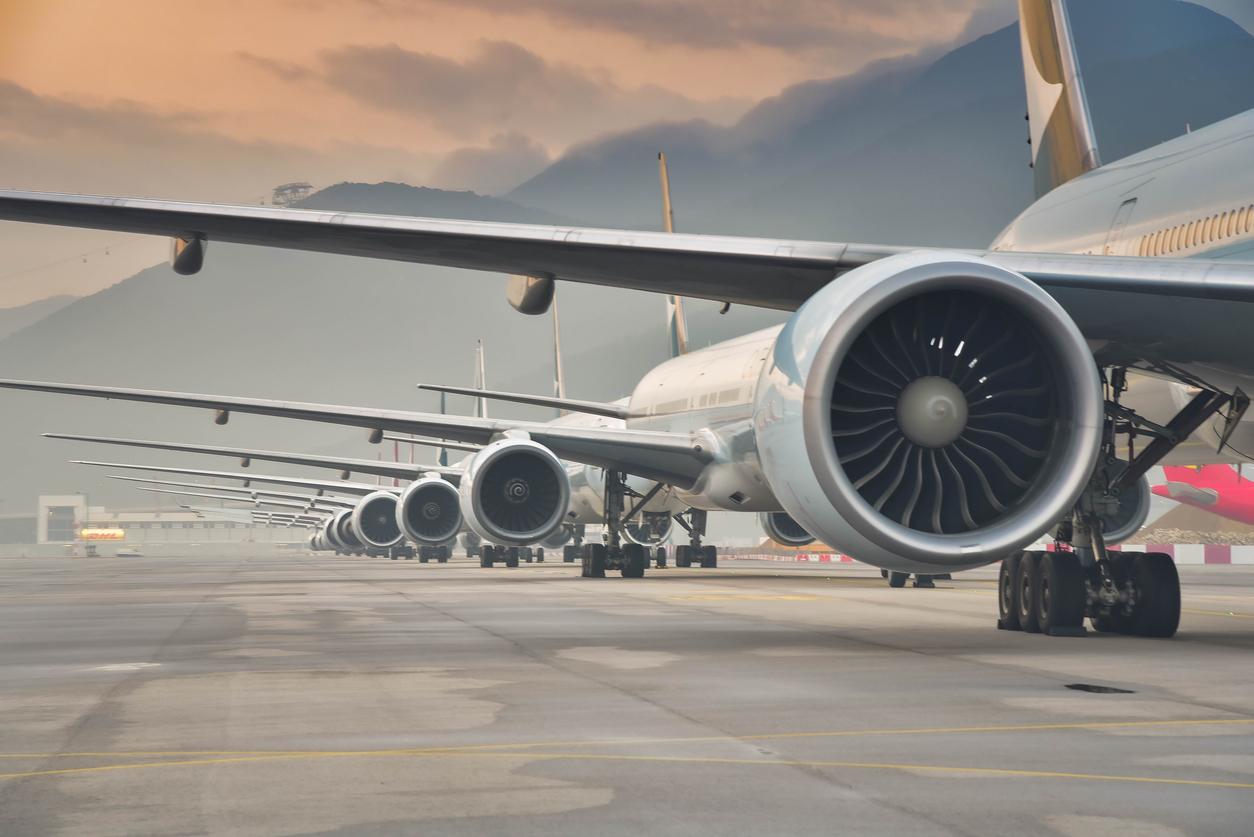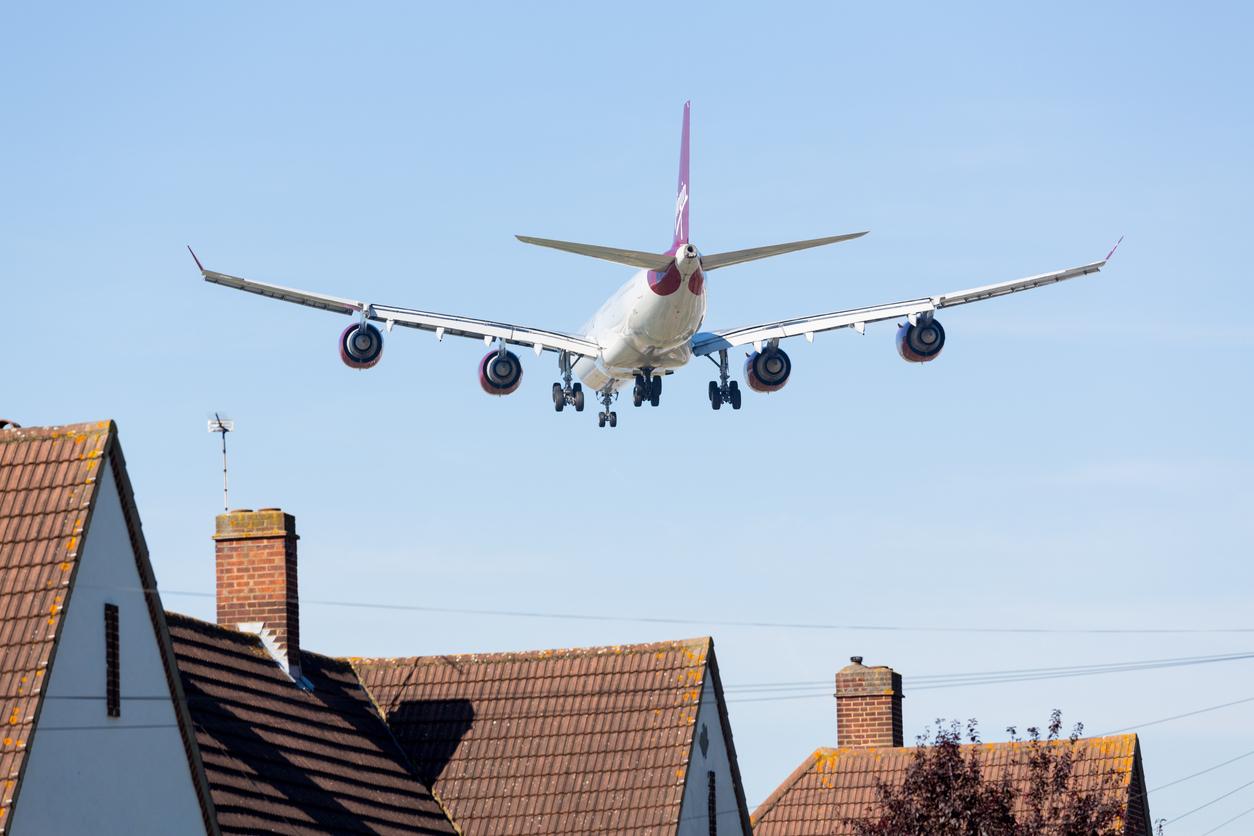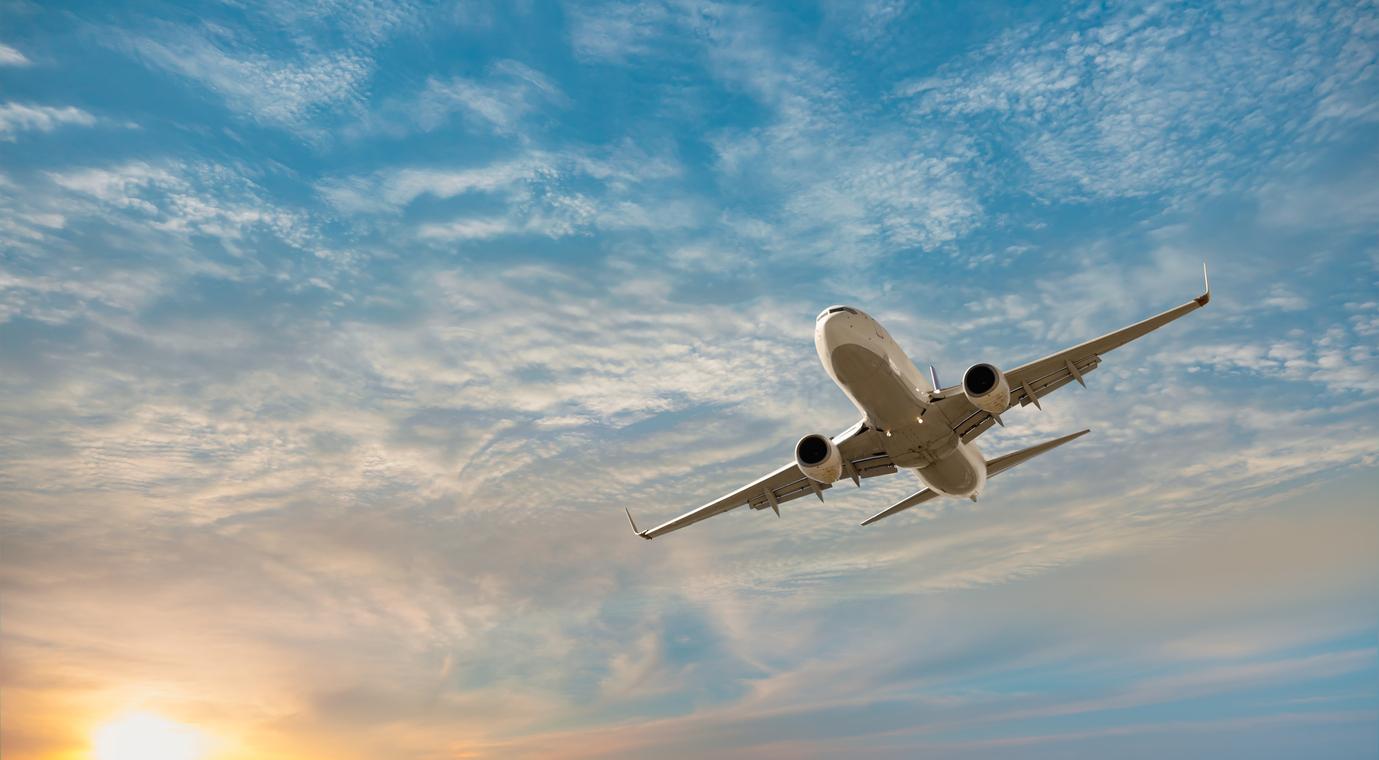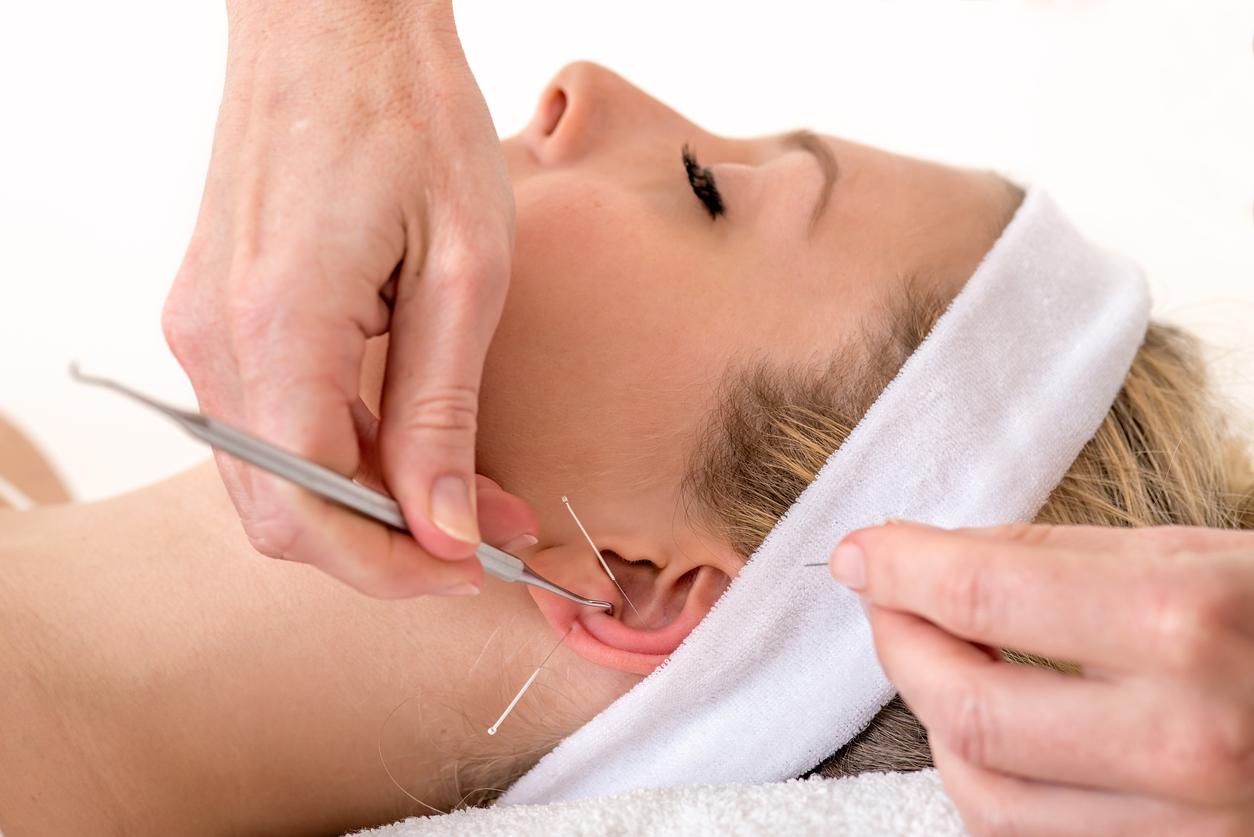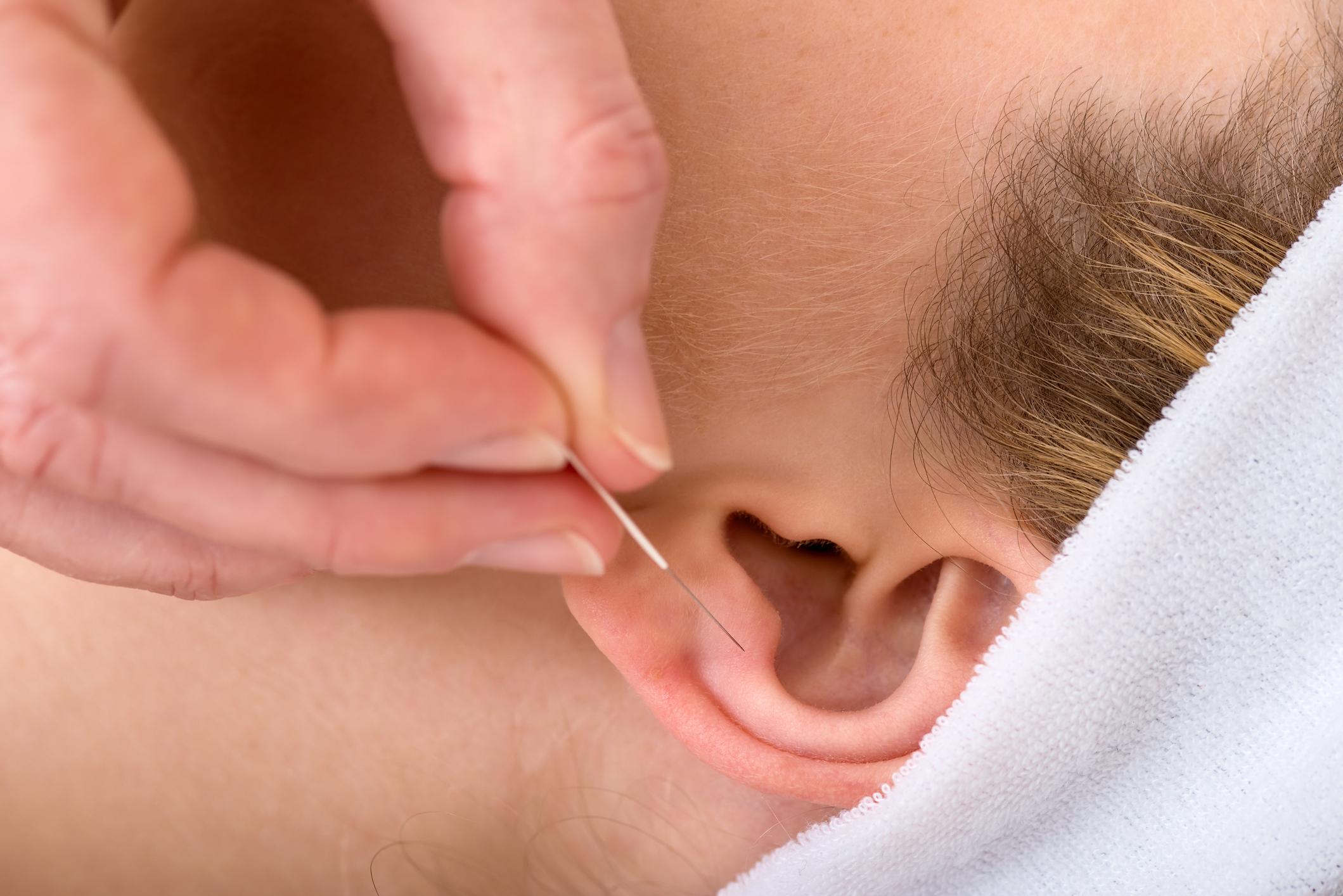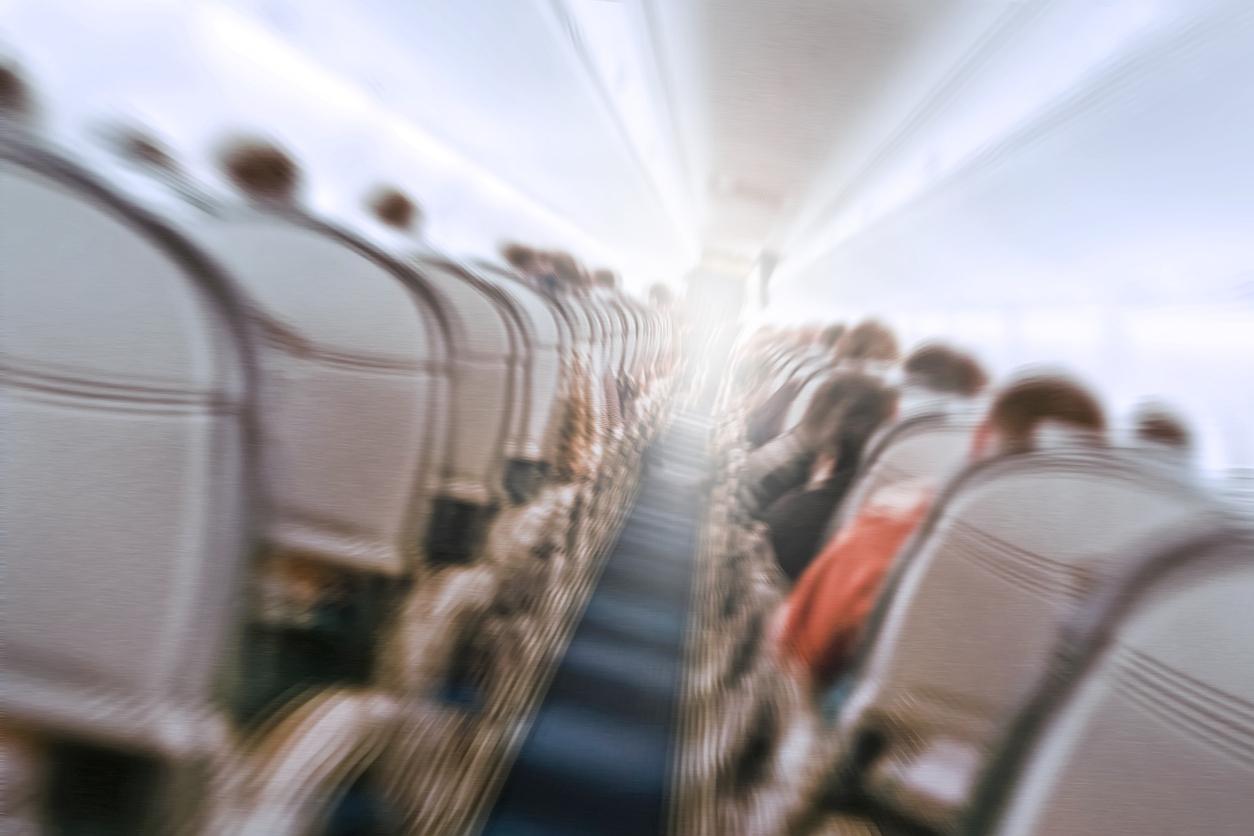When you fall asleep on an airplane during takeoff or landing, you risk ear infection or eardrum damage.

- When traveling by plane, do not fall asleep during take-off or landing, otherwise you will suffer from ear infections or damage to the eardrums.
- The rapid change in altitude changes the air pressure in the ear.
- You have to swallow your saliva to adapt your ears to the change in pressure, which is less common when you sleep.
If you feel tired during air travel, however, you should stay awake during take-off and landing.
According to the scientist Angela Chalmersrapid changes in altitude can affect the air pressure in the ear: “This leads to a vacuum in the Eustachian tubes, which makes the ears sound clogged and the sound is dull…and you won’t swallow as often as you would when awake.”
An adaptation phase for your ears
Swallowing saliva is a very effective way to gradually adapt the ear to changing pressure. “Swallowing or yawning opens the eustachian tube and allows air to flow in or out of the middle ear, which helps equalize pressure on either side of the eardrum, specify the site MedlinePlusQuoted by SouthInfo. If the Eustachian tube is blocked, the air pressure in the middle ear is different from the pressure outside the eardrum.”
Damage that can be serious
Damage to the auditory system can be significant. THE Daily Express raised the possibility of “dizziness, ear infections and eardrum damage” even “in the worst case, nosebleeds and severe hearing loss”.
It is all the more important to know this information when one might naturally want to fall asleep to escape the inconveniences of the take-off and landing phases.
Indeed, these moments are difficult for the human body to bear, because the sudden changes in air pressure in the ears tend to cause a very unpleasant feeling of plugging. To reduce this pressure in the ear and avoid pain, you can chew gum, suck on candy or drink water.









